Uganda Medical and Dental Practitioners Council Inspects Kabale University School of Medicine
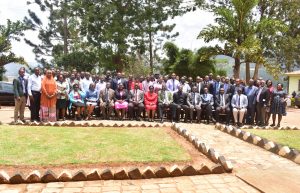 Kabale University recently hosted an inspection visit from the Uganda Medical and Dental Practitioners Council (UMDPC) to assess the progress and development of the Kabale University School of Medicine (KABSOM). The inspection aimed to evaluate infrastructure, staffing, research advancements, and student welfare to ensure compliance with national medical education standards.
Kabale University recently hosted an inspection visit from the Uganda Medical and Dental Practitioners Council (UMDPC) to assess the progress and development of the Kabale University School of Medicine (KABSOM). The inspection aimed to evaluate infrastructure, staffing, research advancements, and student welfare to ensure compliance with national medical education standards.
Welcoming the UMDPC Team
The Vice Chancellor extended a warm welcome to the UMDPC team and all attendees, expressing joy at receiving the inspectors. She provided an overview of Kabale University’s vision, strategic planning initiatives, and its four campuses: Nyabikoni, Main Makanga (home to the medical school), Rukungiri, and the ongoing process of acquiring a paramedical institution in Kisoro. She emphasized the university’s commitment to supporting KABSOM as a flagship institution and reiterated the importance of training competent medical professionals.
Inspection Focus Areas
During the meeting, key areas of discussion included infrastructure, faculty development, student support, and innovations in medical training. The inspection team sought to understand the challenges faced by KABSOM and identify solutions for continuous improvement.
The UMDPC representatives acknowledged progress since their last visit on May 25, 2022. They reassured university management that inspections are conducted for support rather than scrutiny and encouraged openness in addressing challenges. The team leader underscored the need for quality supervision, improved research output, and adherence to medical training regulations.
Academic and Research Excellence
The Dean of KABSOM presented a detailed report on the institution’s progress, highlighting the construction of a new teaching facility with a fully equipped laboratory and access to online academic resources. Faculty staffing levels across various medical disciplines were outlined, demonstrating a strong academic workforce. The Dean emphasized that KABSOM continues to attract top medical professionals, including Dr. Isabella Epiu, Uganda’s first and only PhD holder in Anesthesia.
Key Areas for Development
The inspectors discussed the necessity for continuous professional development and staff training. The importance of ensuring academic staff hold at least two core specializations to meet teaching requirements was stressed. Additionally, the committee highlighted:
- The need for clear admission policies, including minimum grade requirements for medical students.
- Strengthening research and publication efforts to enhance KABSOM’s contribution to the medical field.
- Enhancing student welfare, accommodation, and transport arrangements.
- Addressing infrastructure concerns, particularly in laboratories and teaching facilities.
- Preparing for the integration of Artificial Intelligence (AI) into medical training and adapting to competence-based education.
Looking Ahead
The National Council for Higher Education (NCHE) representative, Dr. Onyait, Principal Higher Education Officer, emphasized adherence to Chapter 2 (62) of the Universities and Other Tertiary Institutions Act. He urged KABSOM to focus on areas of improvement, particularly in research output, teaching methodologies, and accreditation processes.
Kabale University is set to launch a PhD program in Health Sciences in August 2025, with accreditation from NCHE. This marks a significant milestone in the university’s quest to enhance medical training and research capacity.
The Chairperson of the inspection committee commended KABSOM’s progress and the dedication of its staff. He noted that the university’s commitment to quality medical education was evident and encouraged continued efforts in building a globally competitive medical school.
Conclusion
The inspection visit reaffirmed Kabale University’s dedication to advancing medical education and research. With strategic improvements, increased research output, and enhanced student support, KABSOM is well on its way to becoming a leading center for medical excellence in Uganda and beyond.


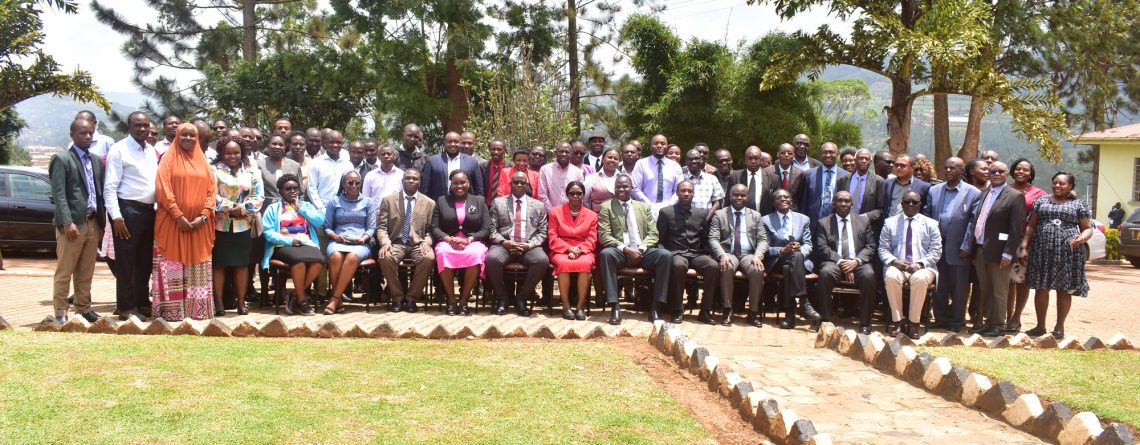
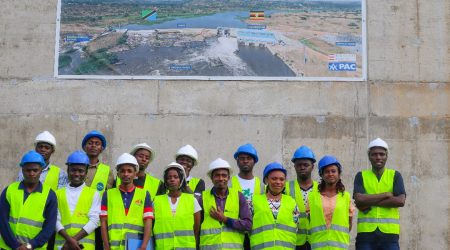

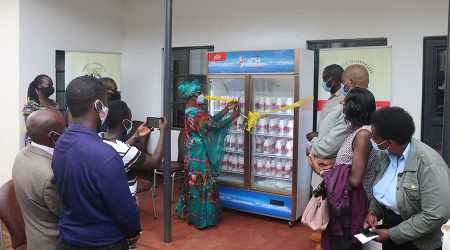

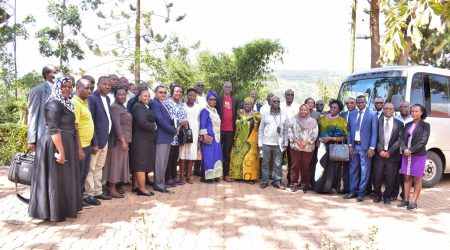

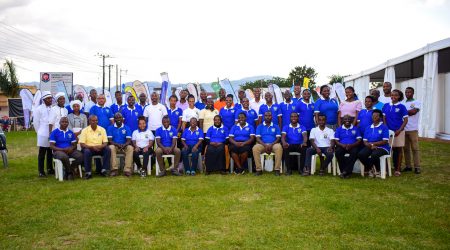
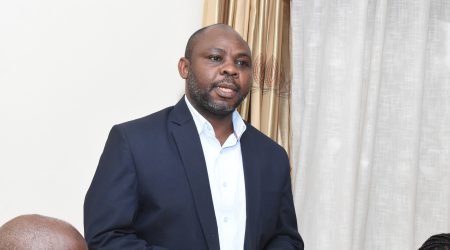
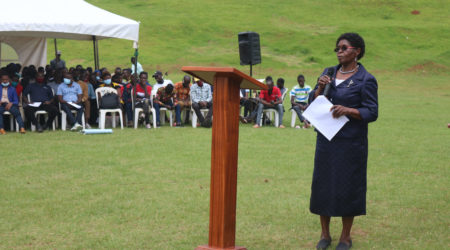
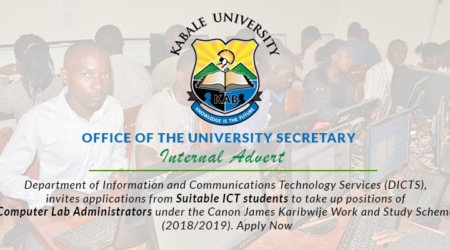
Leave a Reply